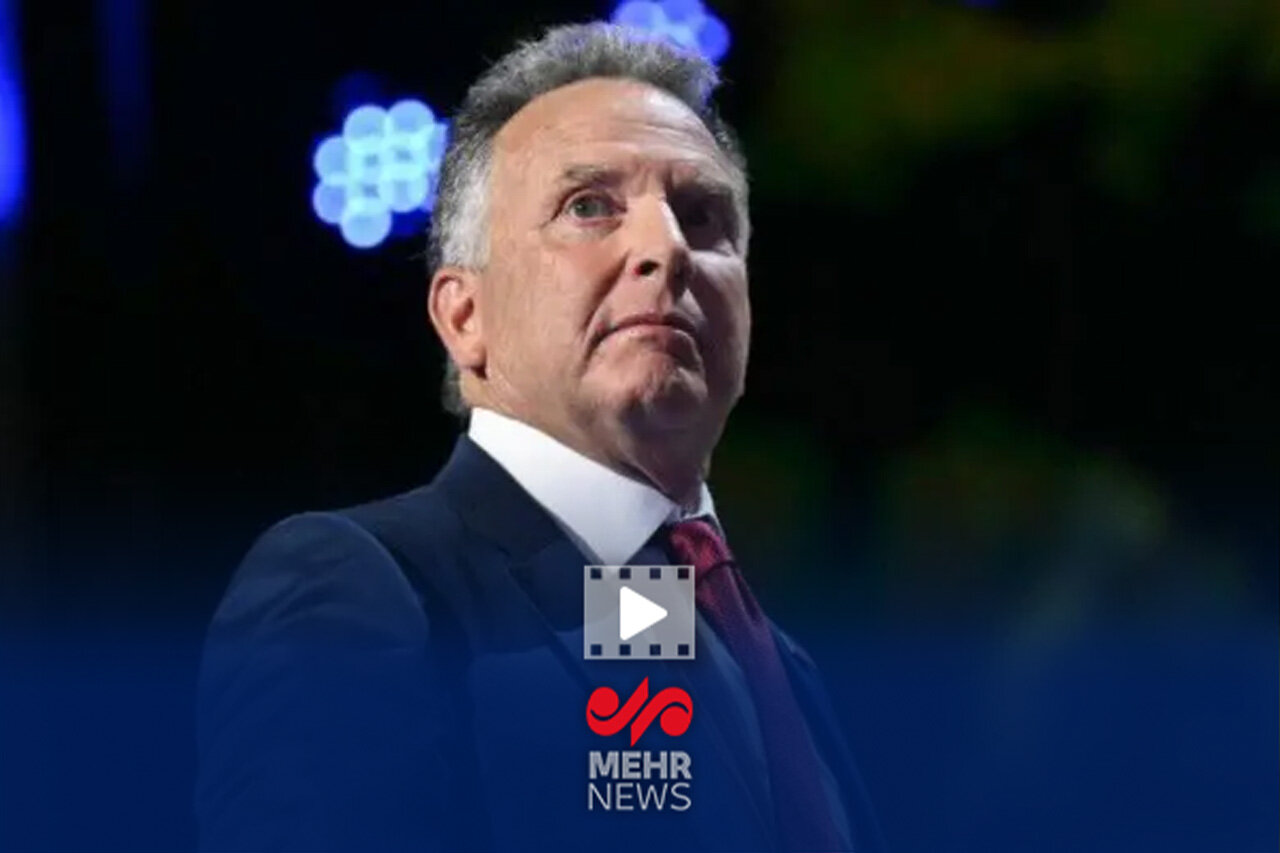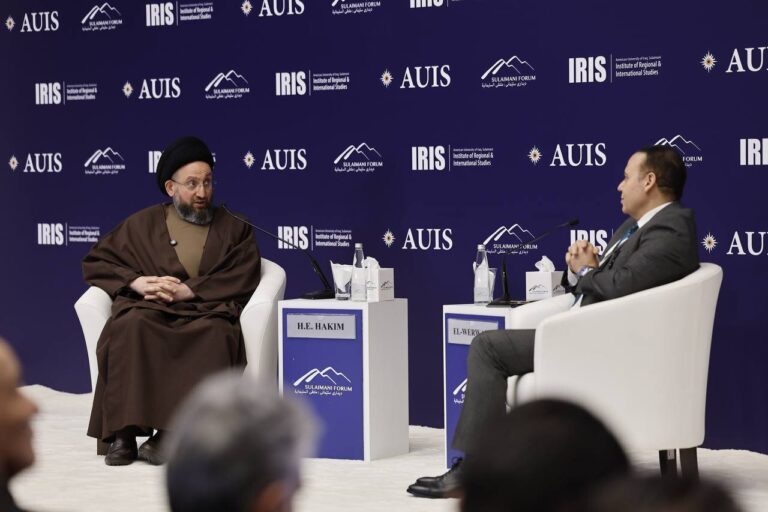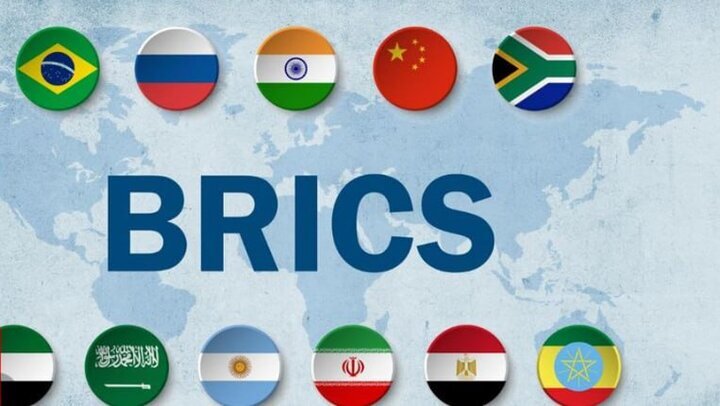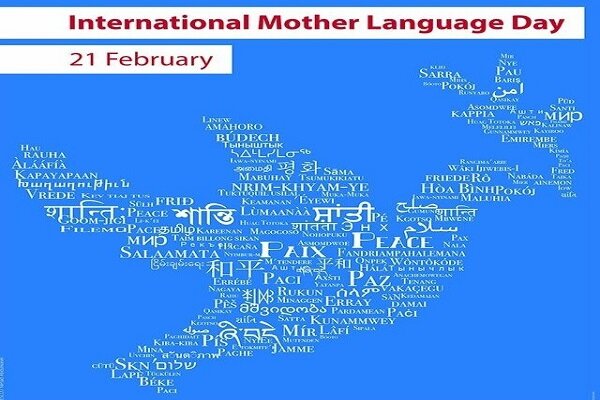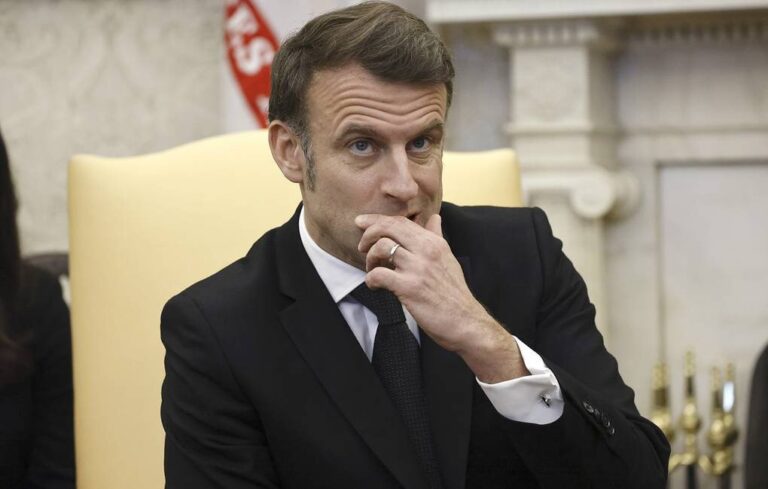Trump’s Middle East Envoy to Address UN Security Council on Urgent Gaza Situation
In a significant development regarding the ongoing conflict in Gaza, U.S. President Donald Trump’s Middle East envoy, Steve Witkoff, is set to provide an informal briefing to the members of the United Nations Security Council. This briefing, which is expected to cover crucial topics such as U.S. policy on the Gaza war and nuclear negotiations with Iran, underscores the escalating situation in the region.
According to a U.S. administration official, all 15 members of the Security Council have been invited to attend the briefing, which will take place at the U.S. mission to the United Nations. The official, who requested anonymity, confirmed the details of the meeting.
As reported by Axios, Witkoff’s discussion will likely center on the ongoing conflict in Gaza and a new aid mechanism proposed by both Israel and the United States. This initiative has raised eyebrows, as Israel has yet to disclose comprehensive details regarding its implementation.
Key Points of the Briefing:
- The focus will be on U.S. policy regarding the war in Gaza.
- Witkoff will address nuclear negotiations with Iran.
- The new aid mechanism proposed by Israel and the U.S. will be a central topic.
- Concerns have been raised about Israel’s plans to control the distribution of humanitarian aid in Gaza.
European leaders and various aid organizations have expressed their discontent with Israel’s strategy to manage humanitarian assistance in Gaza. Critics argue that Israel’s approach to utilizing private companies for aid distribution could complicate the already dire situation for families in the region. This comes in the wake of two months during which Israel’s military operations have limited the entry of essential supplies into the Gaza Strip.
Israeli Prime Minister Benjamin Netanyahu emphasized on Monday that the military’s operations in Gaza would intensify, following approval from his security cabinet for plans that might include direct control over the Gaza Strip and its aid distribution mechanisms. This announcement has generated considerable concern among international observers and humanitarian groups.
Understanding the Context of the Gaza Conflict:
- Continuous Military Operations: The ongoing military operations in Gaza have resulted in significant humanitarian challenges, with essential supplies being restricted from entering the region.
- International Criticism: The proposed aid distribution plan has faced backlash from European leaders and humanitarian organizations, raising questions about the effectiveness and ethics of such control.
- Geopolitical Implications: The discussions surrounding U.S. policy and aid mechanisms highlight the complex geopolitical landscape of the Middle East, particularly concerning U.S.-Israel relations.
The informal nature of the briefing allows for a candid discussion among Security Council members regarding the pressing issues at hand. It is anticipated that Witkoff will provide insights into how the U.S. plans to navigate its role in the conflict, particularly in light of increasing tensions and the humanitarian crisis unfolding in Gaza.
The international community is closely monitoring these developments, as the resolution of the Gaza conflict remains a pivotal issue in Middle Eastern politics. The outcome of Witkoff’s briefing could have significant implications for future U.S. involvement in the region and the overall approach to addressing the ongoing humanitarian crisis.
As the situation in Gaza continues to evolve, the response from the United Nations Security Council and the broader international community will be crucial in determining the future course of action. Stakeholders are urged to remain vigilant and engaged as developments unfold.
In summary, Steve Witkoff’s upcoming briefing represents a critical moment for U.S. policy in the Middle East, particularly concerning the humanitarian situation in Gaza. The discussions surrounding aid distribution and military operations will undoubtedly shape both regional dynamics and international responses in the coming days.
